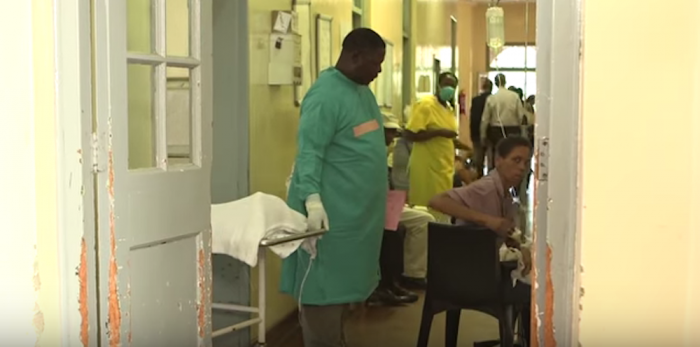
Project Kgolagano was named in this year’s NT100, a trust that celebrates the people and organisations that use digital technology to change the world for the better. Kgolagano, which means “to be connected or networked”, is a project that aims to provide medical care to remote areas of Botswana using TV white space.
TV white space or TVWS is the unused spectrum on the television frequency range commonly used to deliver TV channels. This technology enables the delivery of broadband using “dynamic spectrum access”. Microsoft, in collaboration with the Botswana Innovation Hub and other partners under the 4Afrika initiative, has harnessed TVWS to provide access to specialised maternal medicine, which will improve the livelihoods of women located in small towns and rural areas.
“There is currently a lack of specialised care in remote hospitals and clinics in Botswana,” says Dr Geoffrey Seleka, Director of the Botswana Innovation Hub Marketing, ICT and Registration. “Through Project Kgolagano, we will be using TVWS technology to provide access to specialised telemedicine applications, where hospitals can send high-resolution patient photographs back to Gaborone and Philadelphia for a more accurate diagnosis and care.”
Microsoft has launched similar successful pilots across Africa including Kenya, South Africa, Namibia, Tanzania and Ghana. This emerging technology is ideal for developing countries because it can be run off the grid using solar technology, and it serves the millions of people who would have otherwise had to travel long distances to reach medical care.
“TV white spaces is a cutting edge technology that has the potential to enable network operators to provide cheaper broadband internet connectivity to billions of people around the world,” says Paul Garnett, Director of Microsoft’s Technology Policy Group.
“The technology is ideal as it can significantly improve the economics of deploying wireless broadband in underserved communities and can operate off-grid by leveraging solar power.”






